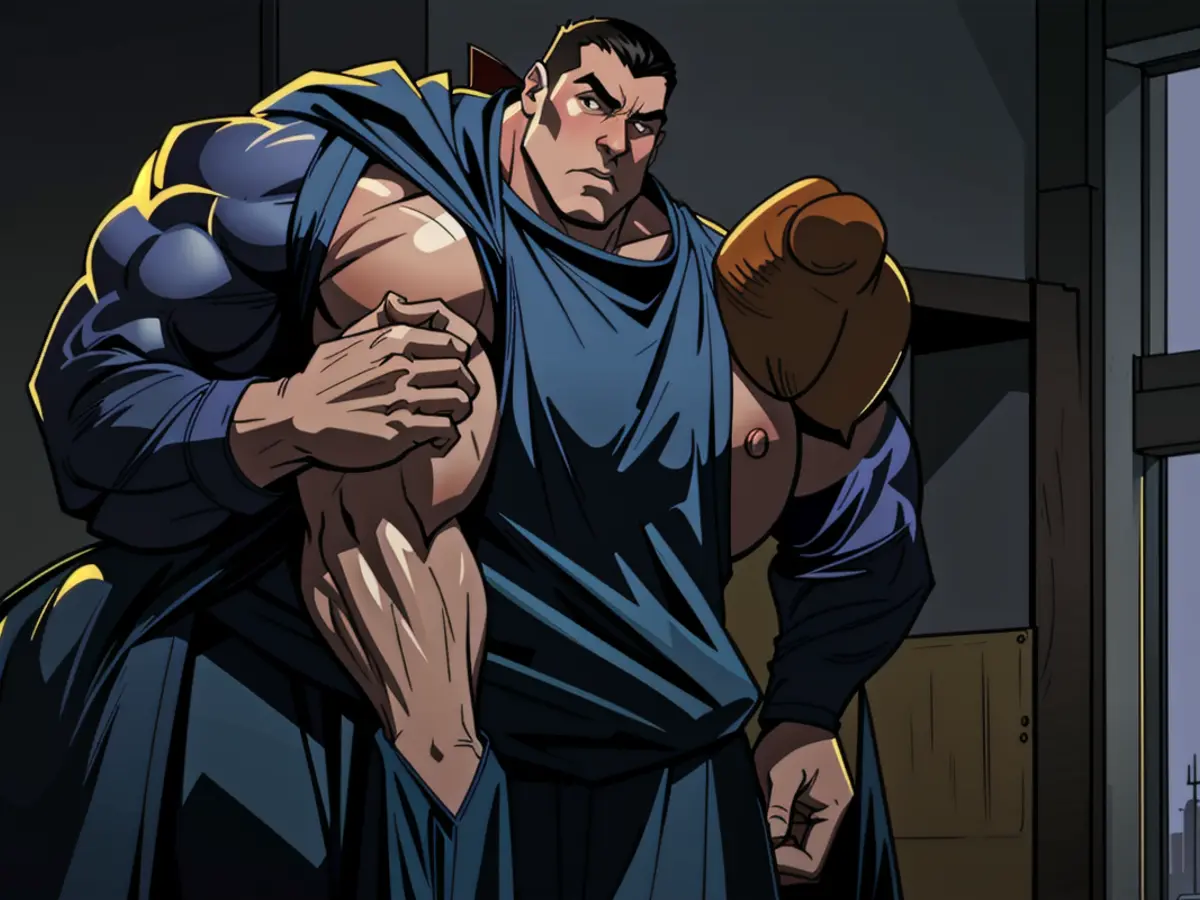Contentious, debilitating, harrowing: the dispute over death benefits for families of veterans who commit suicide by the VA
During his time in Vietnam, James Goulding, a member of The Walking Dead Marine Corps battalion, faced one of the highest casualty rates in the war. Forty years later, he joins the ranks of Vietnam's casualties when he took his life, writes a heart-wrenching suicide note referencing his time in Vietnam and years of PTSD. However, the Department of Veterans Affairs (VA) denied Linda Goulding, his wife, the dependent death benefits she sought, citing a lack of formal PTSD diagnosis and professional help sought by James.
Linda's struggle was far from unique. CNN's investigation revealed that the VA has denied crucial benefits to hundreds of families of veterans who committed suicide after active duty. Strict VA rules require families to provide medical documentation proving their loved ones' death stemmed from their military service. Yet many troubled veterans like these never seek professional help for mental health issues, making it challenging for families to obtain required proof after a suicide. CNN found cases of families that could provide evidence of a veteran's diagnosis but still had their claims denied.
In one instance, a mother-of-four had her claim denied after her veteran husband committed suicide due to his belief in marital problems, while another widow was denied following her husband's suicide at a VA medical center where he sought mental health care. Some families battled the VA for years, with appeals stretching over decades. On average, families spent five and a half years fighting for death benefits, with 230 families spending more years than their veteran served in the military.
Nearly 500 families with suicide-related claims have been rejected by the VA, according to CNN's analysis of VA case files. Although the VA does not track suicide-related claim denials, government data suggests these cases are likely a small fraction of the whole. Around 18,000 veterans who died by suicide between 2001 and 2021 had no recorded mental health condition, with many suicides connected to PTSD going unacknowledged by the VA.

Veterans like Army veteran with schizophrenia linked to his Vietnam service and military wives who survived being shot by their veteran husbands in the moments before they killed themselves were denied benefits by the VA. Even decorated veterans, like the 83 families who had received Purple Hearts or Bronze Stars, faced denied benefits.
Despite the VA's emphasis on suicide prevention, proving a veteran's suicide is linked to their past military service can be challenging. In order to qualify for benefits, family members must show their veteran was "so unsound mentally" due to a mental health disorder related to their military service. If it's a close call, the benefit of the doubt should be given to the veteran's family, according to federal code. However, this is not always the case.
Emily Evans, a Gold Star widow, is certain her husband Michael's suicide is connected to his time in the Army. After his discharge in 2013, the VA diagnosed Michael with PTSD and a traumatic brain injury, but the VA ultimately denied her claim last year. Emily was forced to navigate the VA's labyrinthine bureaucracy when collecting information for her claim, causing further grief during her grieving process.

Despite challenges, some families have been successful in fighting for the benefits they believe they are owed. "You shouldn't have to fight for something your husband fought for," Linda Goulding told CNN of the benefits her husband earned. "He fought for you. He died for you."
*Ed note: This story involves discussion about veteran suicide that some readers may find upsetting. If you feel you are in crisis, call or text 988 to reach the 24-hour Suicide Crisis Lifeline. Veterans and their loved ones can dial 988 then Press 1 or text 838255 to reach the Veterans Crisis Line.
*Data from sources: 1. VA's 2024 suicide prevention report 2. Veterans Affairs 3. GAO report on VA's information systems 4. Federal code on determining service connection for PTSD

- Strict VA rules require families to provide medical documentation that proves the veteran's death was a result of their military service, a challenge for those who never sought professional help.
- CNN found cases of families like the Gouldings, who could provide evidence of a veteran's diagnosis but still had their claims denied for death benefits.
- Even decorated veterans, such as those who had received Purple Hearts or Bronze Stars, faced denied benefits for suicide-related claims.









